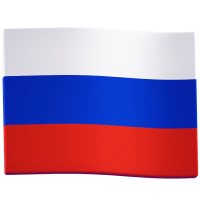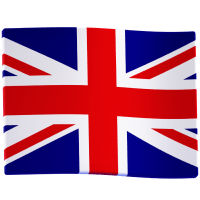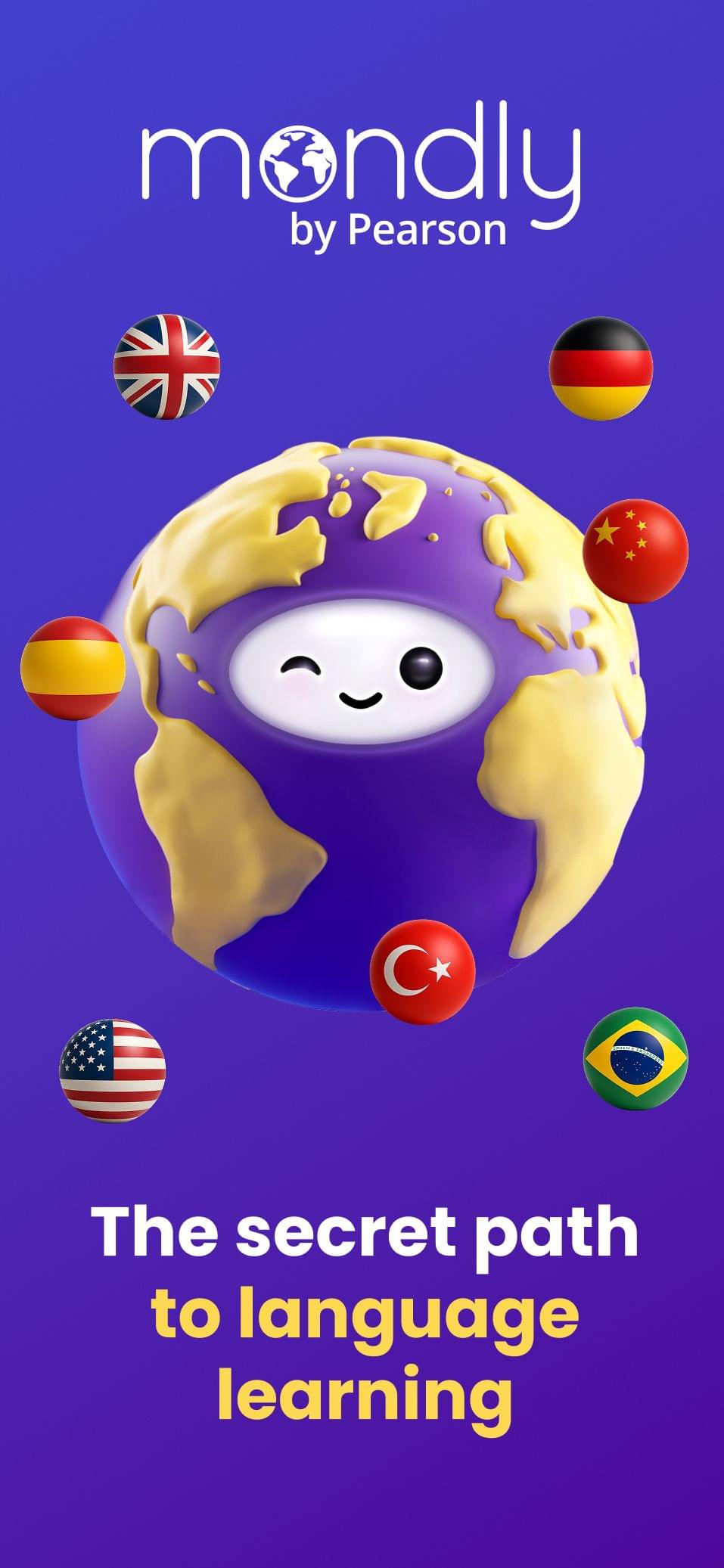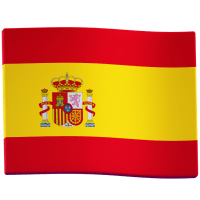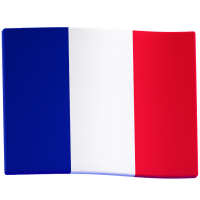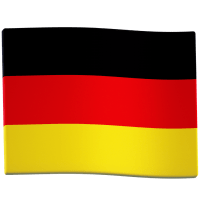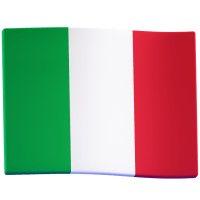Russian grammar exercises to get you one step closer to fluency
Russian grammar. Why learn it?
Though it’s not the first thing you have to learn, knowing the Russian grammar has its importance and sooner or later you will have to deal with it. The secret is taking courses designed to teach you grammar without the need to study endless rules.
They don’t even know what a verb is at that age. It’s because they hear their parents speaking. That’s the best approach for you as well.
That’s exactly how we, at Mondly, approach learning the Russian grammar and millions of people worldwide appreciate our innovative app.
By listening to natives, you will know advanced Russian grammar rules to use in real-life conversations even if you never studied the rules themselves.

Russian grammar exercises can be fun

Inside the app, you will find 3 different sections dedicated to learning the Russian grammar online. Each section consists of 7 or 8 grammar lessons that take around 5 minutes each to complete. Every lesson introduces Russian grammar exercises where you read, listen to natives, write and speak. Rooted in science, our exercises are specifically created to keep you engaged and make learning Russian as easy and fun as possible.

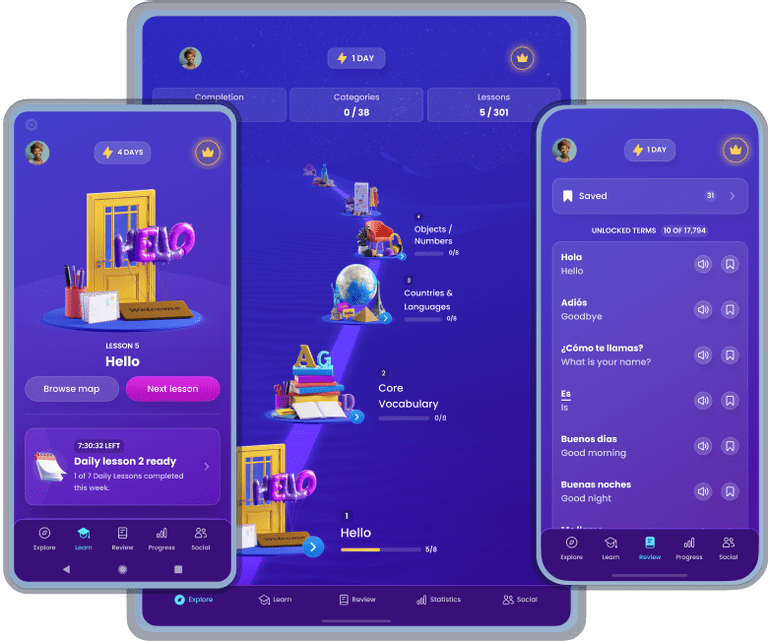
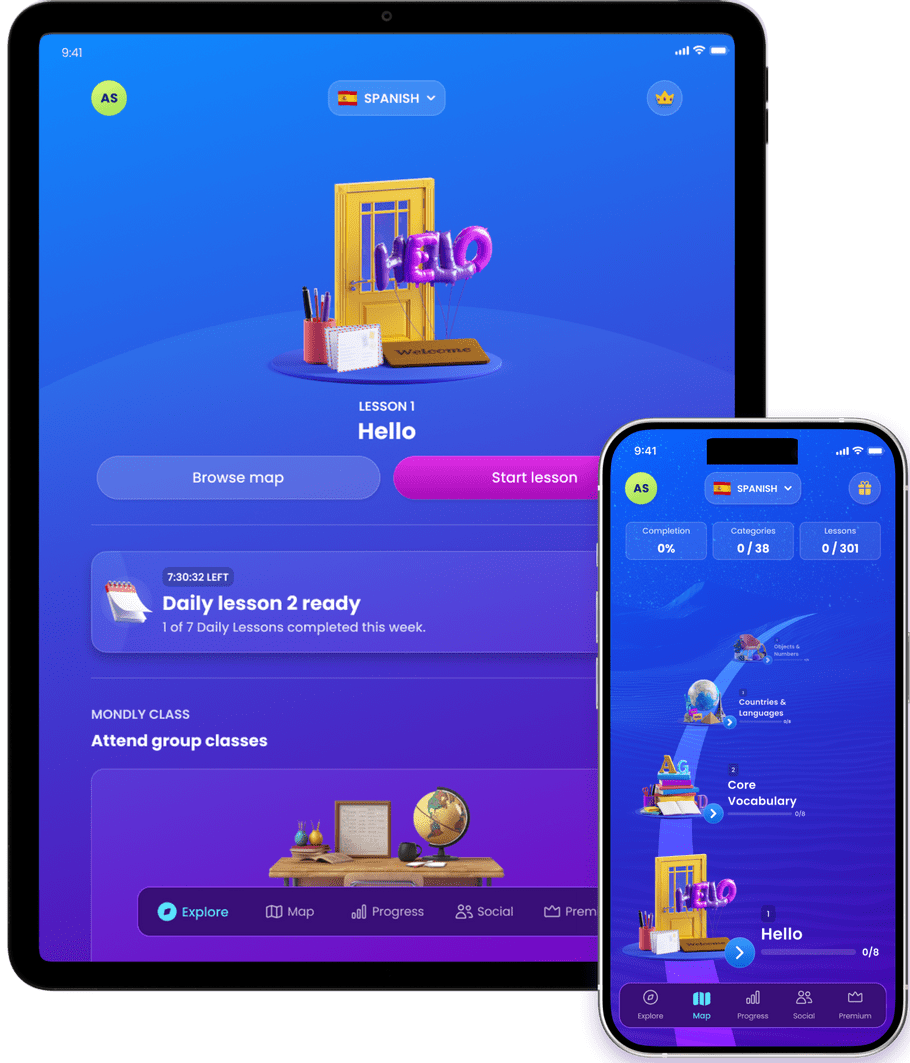
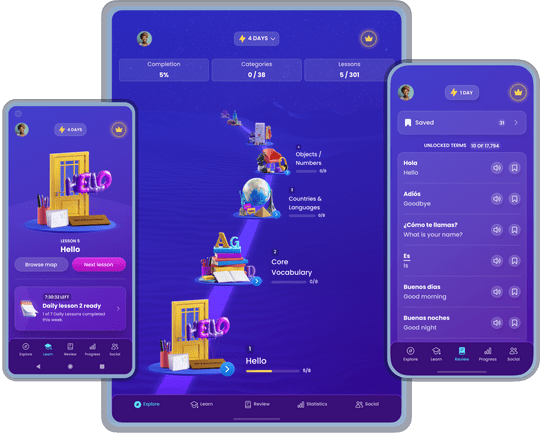

1 000 000+ + Ratings
Mondly was named "Editors' Choice" in Google Play and "Best New App" by Apple.
Russian grammar exercises for real-life situations

That’s why our language experts created a language learning experience where you can practice Russian grammar naturally, by building real sentences anchored in real life situations. Order food in a restaurant. Have a casual chat with a fluent speaker about your day. Explore ways of talking about the books you read. These are all grammar exercises created around certain themes in order to boost your learning.
Want to learn certain conjugations? With our on-demand conjugation table, you can click on verbs during any exercise and you will be able to see their conjugations. The present, past and future tense are now all at your fingertips. What’s even better, depending on your grammar level, you can choose to learn Russian grammar for beginners, intermediate grammar or jump to the advanced Russian grammar exercises. No matter your level of Russian, you will get the most out of learning with Mondly.

Did you know?

To make the Russian language easier to learn, you can use a so called stress. Stress looks similar to accents in French and, like in Chinese, can totally change the meaning of a word. For example, “мука́” means flour, but “му́ка” means torture; “замо́к” means lock while “за́мок” means castle. Words like the ones just mentioned are called homographs. This means they are spelled the same, but the stress gives them a different meaning. While this stress sign is helpful for beginners, it is never used by fluent Russians in writing. Advanced Russian speakers understand from context the meaning of every word without the need of stress signs.

Learning the Russian grammar with Mondly by Pearson has real benefits

The Russian grammar will seem easy and fun
Our linguists have created Russian exercises that will feel like playing a game. The catch: you absorb the Russian grammar effortlessly. In no time, you’ll be getting compliments from natives for your Russian skills.

Learn Russian the smart way
Instead of learning the hardest parts of the Russian grammar first, we take you through a journey of the most used Russian words and sentences. This means that you start by learning what really matters first.

Learn Russian with friends
Learning Russian can sometimes feel overwhelming. That’s why we created language leaderboards to keep you motivated along the way. Play your way to Russian by competing with friends and the entire world.

Get ready for real conversations in Russian
Every Russian exercise created by our world class linguists is meant to bring you one step closer to having real conversations. That’s why we created speaking exercises for you to practice the Russian grammar you learn.
